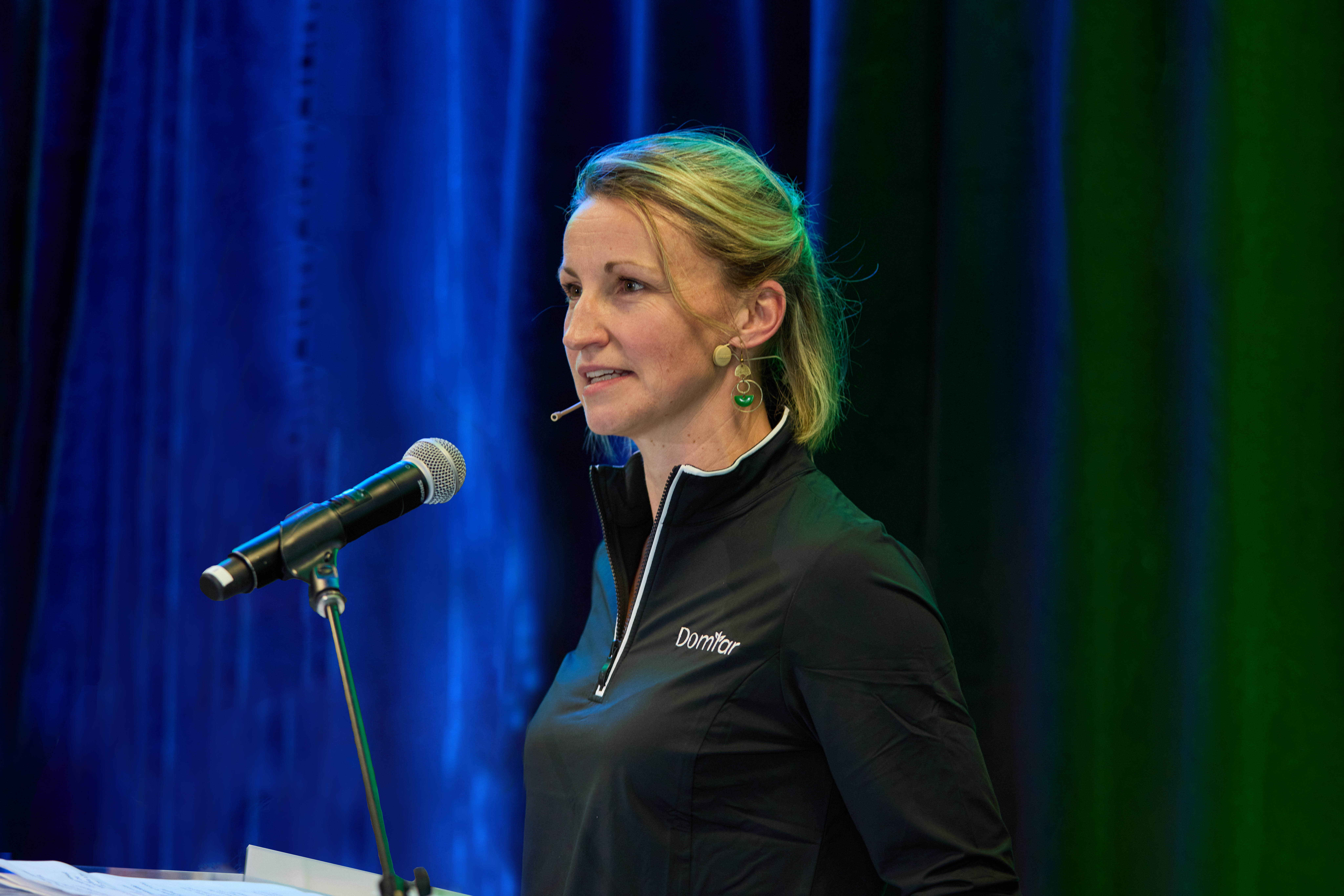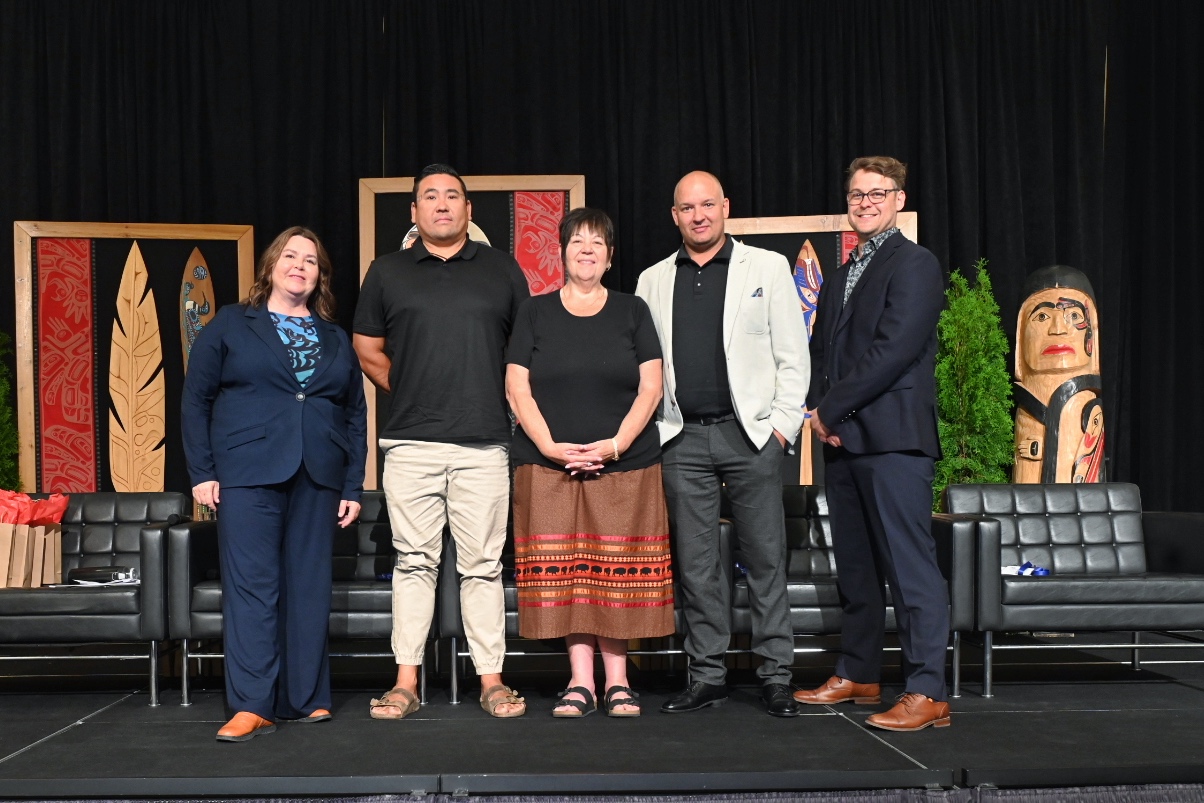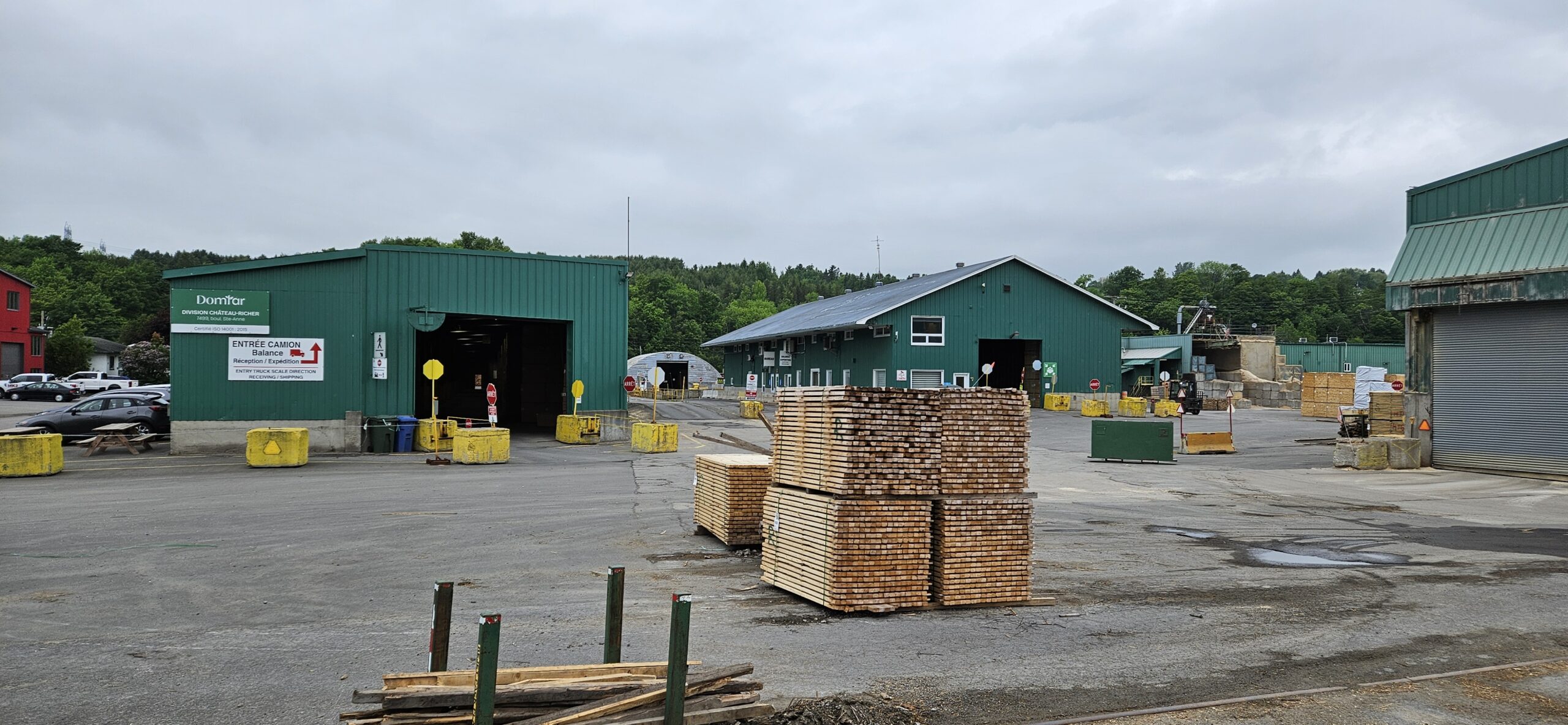Lire l’article en français
The 400,000 acres of forestland surrounding Domtar’s Windsor Mill in Quebec are a hot spot for forestry and climate research, with several projects currently taking place in partnership with organizations and universities across Canada.
The company reaps benefits from these projects, including data that supports the continued Forest Stewardship Council (FSC) certification of fiber harvested from the Domtar forest. Additionally, engaging with student-led research projects helps Domtar build relationships with young people who may consider joining Domtar in the future.
Éric Lapointe is superintendent of forest operations at the Windsor Mill and leads Domtar’s involvement in onsite forestry and climate research.
“Several of the projects and collaborations — and those that will follow — contribute to strengthening and developing the reputation and performance of the Windsor Mill and our forestry practices,” he says.
Projects Promote Circular Economy and Sustainable Forest Management
The forestry and climate research projects underway in the Windsor forests are led by educational institutions, research organizations and the private sector, with objectives aimed at improving sustainability starting from the forest floor.
Lapointe says the research supports Domtar’s various circular economy initiatives, from recovery and optimization of renewable energy at the plant to the recycling of residues for fertilizing the forest.
“We not only wish to continue to be recognized for our sustainable practices, [but also] we aim eventually to make this whole, big circular loop around the mill carbon neutral,” he says.
Closing the Circle with Mill Residues
The Université TÉLUQ Montreal, Université Laval, Natural Resources Canada (NRC) and the Natural Sciences and Engineering Research Council of Canada (NSERC) are evaluating how recycling mill residues through forest fertilization impacts greenhouse gas emissions from the Windsor Mill’s operations.
“Eventually, quantifying carbon sequestration through our silviculture activities on Domtar’s private properties could allow us to offset the mill’s greenhouse gas emissions,” shares Lapointe.
Sustainable Forest Management with Airborne Laser Scanning
Lapointe and Félix Brochu-Marier, forest operations supervisor at the Windsor Mill, joined forces with the Silva21 partnership to host research on projecting accurate growth and yields in hybrid poplar plantations using airborne laser scanning.
The scans, taken by drone, provide images and data from the forest that recognize each tree and then extract their size to develop a site index that informs the Domtar team about the success and growth rate of the plantation using artificial intelligence.
In a recent article published by Quebec Science, Wassim Bouachir, professor of computer science at Université TÉLUQ, explains, “Deep learning and image processing techniques can detect and locate trees. … We can compare biomass growth over several years to determine if we need to intervene with fertilizer.”
The study concluded that the use of airborne laser scanning data “offers a new approach to derive site index models in single-species plantation sites.” The detailed results have been published in the Canadian Journal of Forest Research.
In addition to hosting and participating in these forestry and climate research projects, Domtar is a partner of the Quebec Network for Reforestation and Intensive Silviculture (QNRIS) (Réseau Reboisement et Ligniculture Québec (2RLQ)) knowledge transfer network, which facilitates collaboration among university experts, government research centers and industry partners in the region.
QNRIS/2RLQ supports research to contribute to the development of tree planting in the forest environment to increase forest cover, as well as for the development and maintenance of green infrastructure and the ecological restoration of disturbed or anthropized sites.
“Through the innovations that emerge from each of these research partnerships, we become more agile and efficient in our processes and the management of our activities,” says Lapointe.
“We ensure that we remain successful and recognized for adopting best management practices, which help us care for our colleagues, workers and communities by ensuring a sustainable and prosperous future.”







